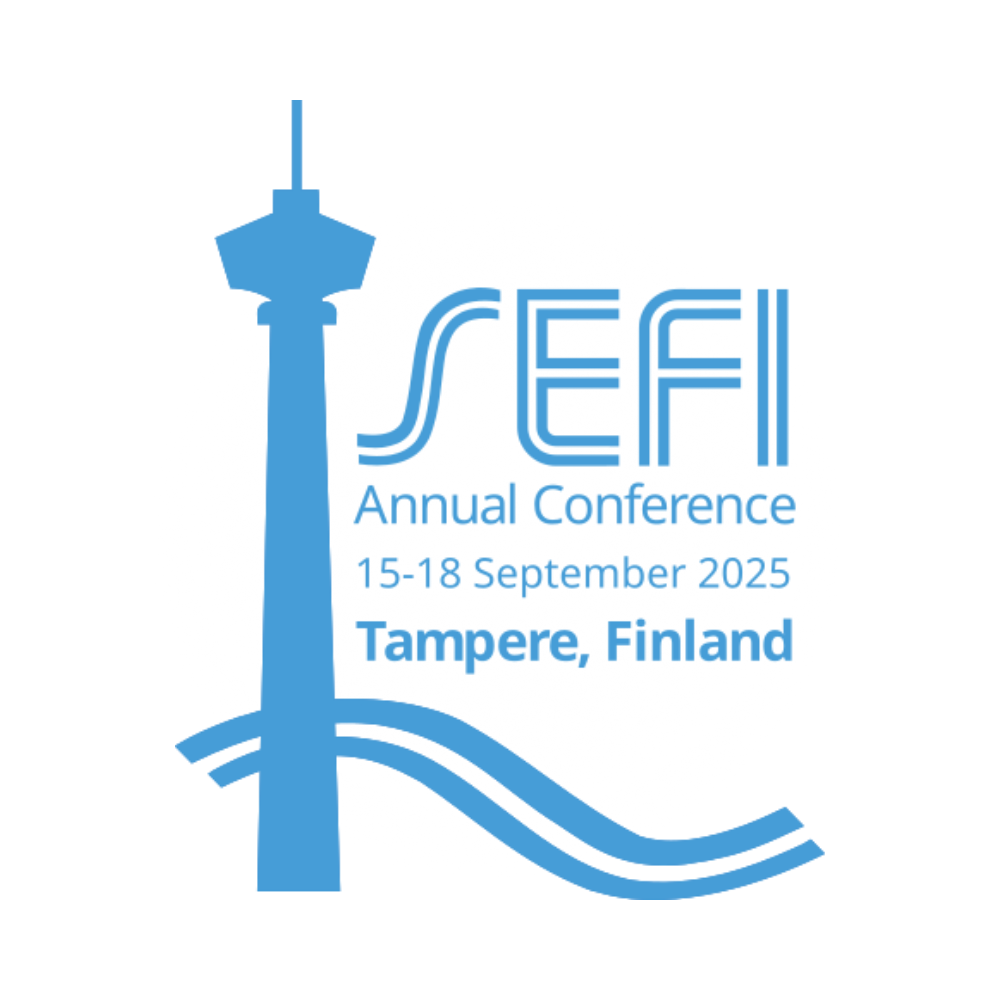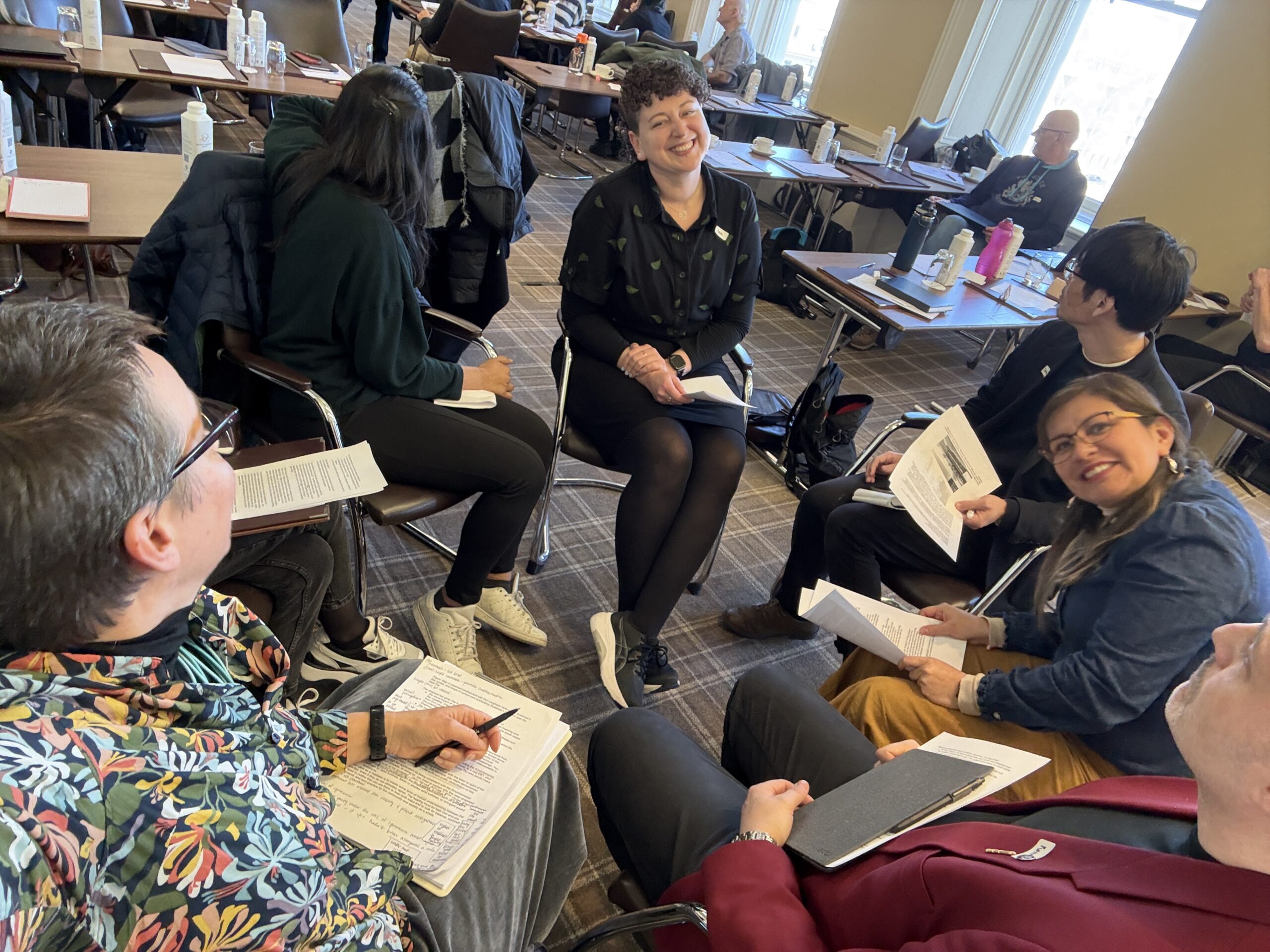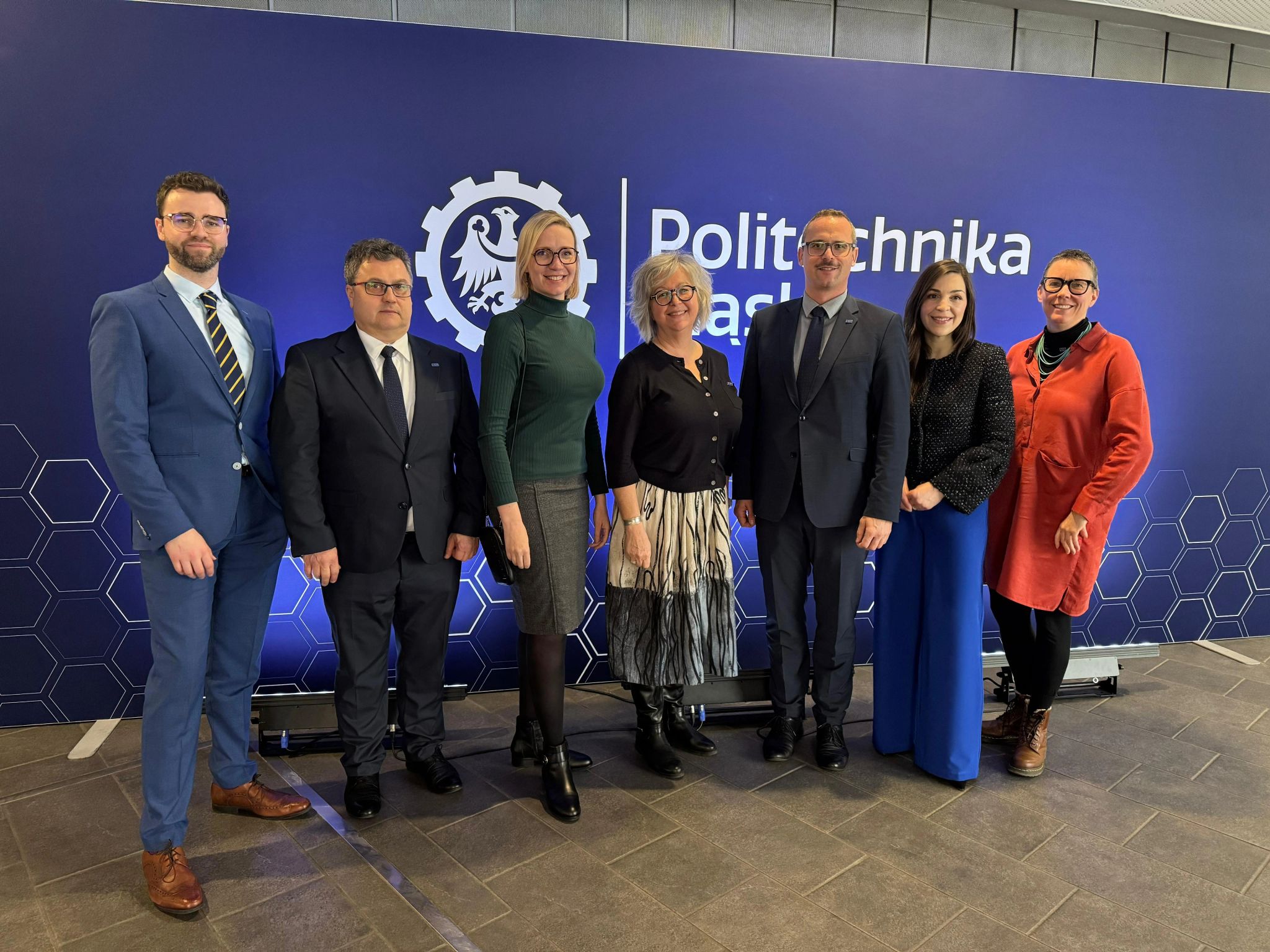We are excited to announce that registrations for the 53rd SEFI Annual Conference are now…

Those of us who are part of the academic community recognize that we have a key role to play in helping our students gain relevant knowledge and skills so that they can develop into competent professionals. Also, important, if not more so, is whether we are fostering within our students the recognition that they have ethical obligations to the public. Scholars have been pointing out for some time that the science and engineering curriculum is not fully achieving this goal; in some cases, it may even be diminishing students’ concern for the public.
During a multiyear project funded by the U.S. National Science Foundation, our research team at the Georgia Institute of Technology has been trying to identify factors that may contribute to, or erode, student social responsibility attitudes. More specifically, we have sought to determine what impact community engagement activities, inside the classroom and beyond, have on student attitudes towards social responsibility both in their personal lives and as future professionals. Data analysis is still underway so it is too early to draw any definitive conclusions. Yet a lesson learned thus far, including through the project’s survey instrument and by interviewing students, is that teasing apart different types of social responsibility attitudes and forms of community engagement activities can be rather important. In terms of the former, students can have social responsibility attitudes within their personal lives (e.g., whether to give to charity) that may or may not carry over to what they think their role as a future professional will be (e.g., whether they have ethical obligations as an engineer to help those in need). Moreover, we have been examining what effects “peer-based” community engagement activities (e.g., participating in an event in part to socialize with friends) may have as compared to “discipline-based” activities (e.g., taking part in a project tied to the student’s major).
Another dimension to this conversation is whether student social responsibilities attitudes, both personal and professional, are largely focused on issues at the “micro” or “macro” scale. In other words, their realm of concern might be centered around relatively small-scale issues involving interactions between individuals (e.g., treating coworkers fairly) versus relatively large-scale matters involving groups, organizations, or systems (e.g., the impact of a company’s decisions on public well-being).
Nurturing within students a genuine sense of concern for the public continues to be an ongoing, multifaceted, and evolving challenge, but it is certainly one that is worthy of pursuit. Hopefully what might generate some progress on the issue is teasing apart different facets of social responsibility.
Acknowledgments: The project described in this editorial is supported by the U.S. National Science Foundation CCE STEM Program under Grant No. 1635554. Any opinions, findings, and conclusions or recommendations expressed here are those of the author and do not necessarily reflect the views of the National Science Foundation.


